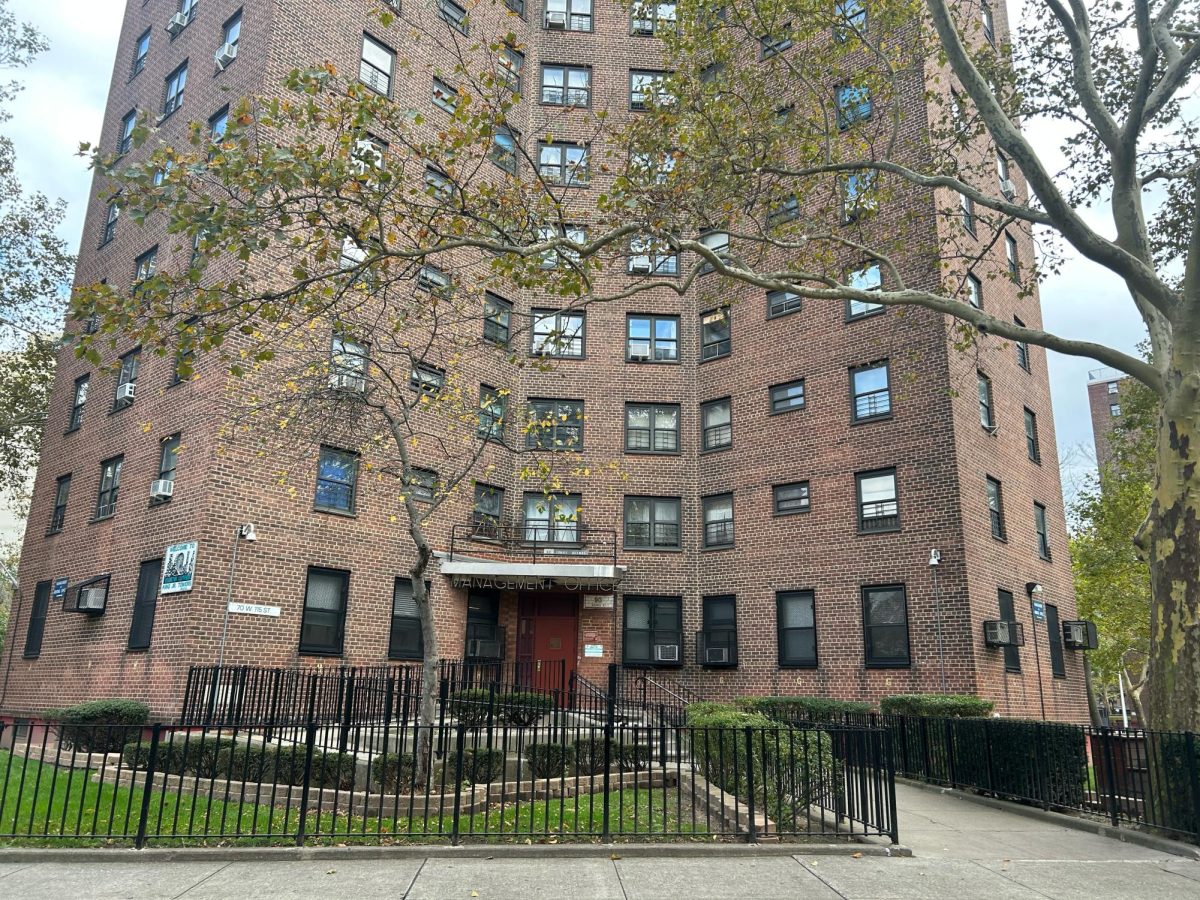As rent and inflation climb, renters in New York City are struggling to make ends meet while landlords continue to line their pockets. This relationship is inherently exploitative, and renters ought to organize to take power back from their landlords.
Establishing a universal basic income would provide all New Yorkers with greater economic freedom and specifically allow renters to build up wealth in order to eventually afford a home. The Biden administration announced an outline of protections, such as these in a Blueprint for a Renters Bill of Rights, in January, but these rights should be implemented immediately.
Renters struggling in the current economic crisis cannot and should not have to wait any longer for the relief they deserve.
The path to achieving better conditions for renters is through collective action and self-advocacy. The government will only listen and provide relief if tenants band together through unionization efforts and voice their concerns as a group. The recent success of unions like the Writers Guild of America and Teamsters show the true power of collective activism. Similar successes can only be achieved through solidarity with one another.
There are countless stories of tenants struggling with both their landlords’ failure to address issues in their units as well as harsh economic conditions, and these struggles are not exclusive to America. Lack of protective rights for renters can be attributed to the power generated by landlords, as almost half of Congress is made up of landlords.
Those working in government will not sabotage their own economic self-interest unless renters work together to make sure their concerns and demands are heard. With the Supreme Court questioning rent control and no end to rent increases in sight, the power of landlords seems to be secure for the future. Politicians, however, should work for the benefit of tenants, not just landlords. Changes won’t be made unless the people advocate for themselves.
Tenants must work to not only solve the issues they face personally but to solve those issues for all tenants. The goal of the government should not be to simply provide relief for renters today, but to allow those same renters and more to succeed economically tomorrow as well. More rights and protections for renters must be established in order to grant renters the ability to save enough money to eventually afford a home of their own.
New York City has some of the highest housing costs in the United States, with the median rental price of a one-bedroom apartment totaling $4,240 per month according to rental platform Zumper’s National Rent Report. Additionally, rent has increased by 30% since February 2020 in New York City, a figure that has significantly outpaced inflation.
Wage increases, on the other hand, have not been able to keep up with inflation in the post-pandemic world. The problems faced by renters are not merely the product of extreme circumstances but a feature of the landlord-tenant relationship.
A study conducted by Moneypenny in 2019 used data from the online real estate marketplace Zillow compared median rent prices with median mortgage payments for single family rentals. It found that, on average, tenants in New York City pay well over double their landlord’s mortgage payments. Tenants are paying more to rent a property than they would if they simply owned it and paid the mortgage.
Professional landlords’ status as a subsect of the middle class is important in understanding the occupation’s financial security and privilege as a whole. Most renters are working class Americans, while landlords are generally in a richer and more financially stable position. On average, landlords make almost double the median full-time salary in the United States, which is $1,118 a week.
These property owners are paid solely because they own the property which their tenants are renting; they receive the same rent payments regardless of whether or not they provide any additional services on the property. Professional landlords are not renter’s friends, nor are they in the same boat as them; their livelihood is generated by and through their tenants.
The relationship between landlord and tenant is one between an owner and an asset. It is far from a relationship between equals.
The unchecked power of professional landlords allows for further exploitation of tenants. In a time where homes are becoming more expensive and in a city with the highest cost of living in the world, landlords hold extraordinary power over renters. Unable to purchase homes for themselves, renters are forced to pay regardless of how exploitative a landlord’s imposed rent may be.
The ability to raise rent as much as landlords see fit poses an additional real threat for tenants, especially in times of great financial instability. The COVID-19 pandemic exacerbated these conditions, causing the majority of tenants to feel financially encumbered. Almost half of all renters across the U.S. qualified as “rent burdened,” which means that they spent at least 30% of their income on housing in 2020.
These statistics should not be viewed purely as a product of the pandemic, as they shed light on big issues that arise from a lack of rent control and other renters’ rights.
Tenants only qualify for rent control if they have lived in the same apartment continuously prior to July 1971. Government-provided housing in the city is provided through the New York City Housing Authority (NYCHA), but only a fraction of renters receive the Section 8 vouchers — a federal housing voucher program established for assisting low-income families, the elderly and the disabled in affording “decent, safe, and sanitary housing in the private market.
Section 8 housing vouchers act as a rental subsidy. What is even more concerning is that NYCHA reports that those who qualify for Section 8 vouchers still typically pay 30% of their monthly income on rent. These benefits should be extended to more renters and provide more robust economic assistance.
At the very least, renters who are considered “rent burdened” should automatically qualify for rent control as well as Section 8 vouchers should they need additional aid. Additionally, tenants should also be given at least a 30 day warning of rent increases.
Changes must be made in order to not only aleve current tenants of some of their financial burdens, but to help prevent future economic crises from arising in the first place. Financial stability and freedom for renters can be achieved through a renters’ bill of rights. While rent control and government housing exist in New York City, they do not do nearly enough to help renters in need.


